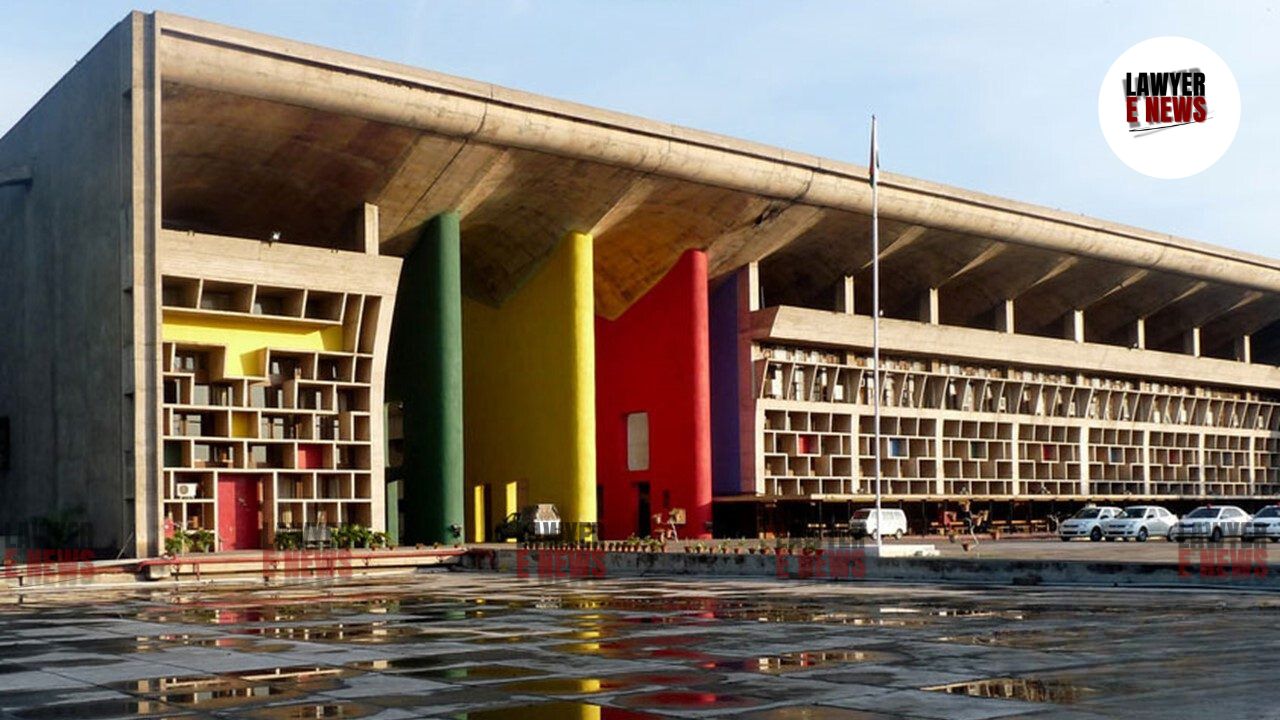-
by sayum
17 February 2026 8:32 AM



The cut-off date of 01.07.2024 assumes no relevance—the date of commission of offence and FIR registration determines the applicability of CrPC, not the date on which the petition is filed - Resolving a pressing procedural dilemma arising from India’s transition to the Bharatiya Nagarik Suraksha Sanhita, 2023 (BNSS), the Punjab and Haryana High Court, in a significant Full Bench judgment delivered on 19 March 2025, held that criminal applications filed after 1 July 2024 would still be maintainable under the Code of Criminal Procedure, 1973 (CrPC) if the offence was committed and the FIR registered prior to that date. The Court categorically held that “even if the application is filed post 01.07.2024, if it relates to an offence committed and registered under IPC before that date, it shall be governed by the CrPC.”
The case, Ram Chander v. State of Haryana & Ors., CRM-M-33899-2024, arose from conflicting Single Bench views on the scope and effect of Section 531 of the BNSS, which repeals the CrPC with effect from 1 July 2024, and introduced significant uncertainty over whether bail and quashing petitions filed after that date must be under the new law.
“Applications filed after repeal are still part of the procedural continuum if the offence occurred under the old law”
The Full Bench—comprising Justice Manjari Nehru Kaul, Justice Sandeep Moudgil, and Justice Harpreet Kaur Jeewan—rejected the narrow interpretation adopted in earlier decisions that CrPC petitions filed after 1 July 2024 stood barred, terming it inconsistent with both statutory language and legislative intent.
Referring to Section 531 of BNSS, which provides that pending trials, inquiries, appeals, and investigations will continue under CrPC, the Bench expanded the interpretation by stating, “Applications for anticipatory bail, regular bail, or quashing form a genus of the same species as 'inquiry', 'trial', or 'investigation'—they flow from the same cause of action and are part of the procedural chain that the CrPC still governs if the offence occurred before 01.07.2024.”
“Principles of ejusdem generis must apply—interpretation must favour continuity, not disruption”
Applying the interpretive doctrine of ejusdem generis, the Court held that the saving clause in Section 531 BNSS must be read purposively and not restrictively. The Bench observed, “The Legislature did not intend to fragment a single criminal proceeding into dual regimes merely on account of when the application is filed. The intent is clear: offences under IPC before 01.07.2024 remain under the CrPC regime.”
The Court emphasized that a contrary interpretation would lead to absurdity, where different procedures might apply in the same criminal case based solely on the date of filing a particular application.
“The very source of prosecution—IPC—determines the procedural law, not the filing date of an interlocutory application”
In Ram Chander, an FIR was registered on 1 May 2024 under Sections 376(2)(n), 376AB IPC and Section 6 of the POCSO Act. The petitioner sought anticipatory bail under Section 438 CrPC on 15 July 2024, i.e., after the CrPC stood repealed. The opposing side questioned the maintainability of the application under a law that no longer existed.
Rejecting the challenge, the Court held, “The mere fact that the application under Section 438 CrPC was filed post 01.07.2024 does not strip the petitioner of the right to seek relief under the law that was in force when the offence occurred and the FIR was lodged.”
The Court expressly overruled earlier views to the contrary, particularly in Abhishek Jain v. UT Chandigarh, where a petition was dismissed solely on the ground that it was filed under CrPC after 1 July 2024.
“Reliefs cannot be denied based on shifting legal sands—legal rights vested under CrPC survive repeal”
The Full Bench underscored that procedural rights accrued under the CrPC cannot be extinguished merely because of the date on which the application is moved. “It is not the date of the petition that matters—it is the offence and the FIR that define the applicable legal regime,” the Court reiterated.
Noting the confusion prevalent in trial courts and among lawyers, the Court directed that this judgment be circulated to all Judicial Officers across Punjab, Haryana, and U.T. Chandigarh, and also to the Judicial Academy to ensure uniform understanding and application.
This Full Bench judgment affirms the legal position that the CrPC continues to govern all proceedings arising from offences committed under IPC prior to 1 July 2024, even if the applications are filed thereafter. It balances the rule of law with transitional clarity and reaffirms that the procedural path cannot shift retrospectively just because a new statute has come into effect.
The Court decisively held: “The date of filing an application is immaterial—so long as the offence and FIR fall under IPC and CrPC prior to 01.07.2024, the CrPC continues to apply.”
Date of Decision: 19 March 2025
